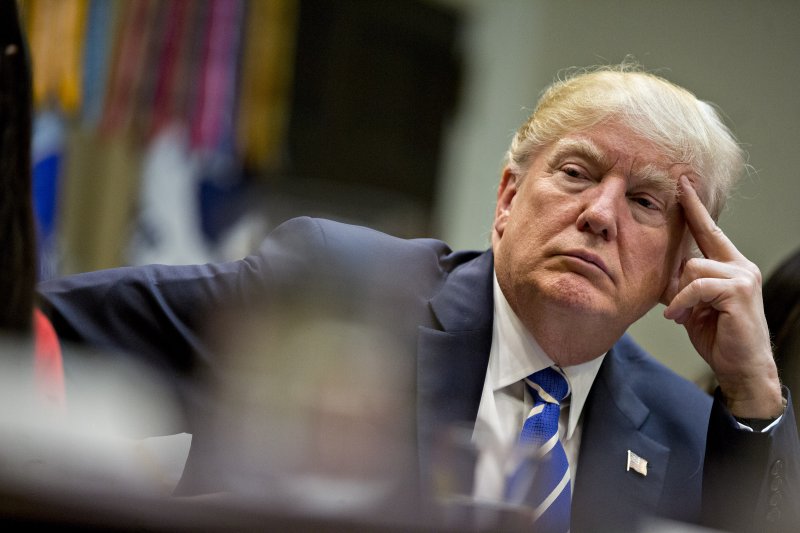Reducing US Armed Forces in Korea Now a Pressing Issue
This means that Trump has been considering a reduction since the DOD offered similar troop reduction options for Afghanistan and Germany back in March. The Pentagon neither confirms nor denies this, saying, "We routinely review global force posture, our forces remain postured to respond to any threat, and the president has been clear and consistent regarding cost sharing worldwide."* From the U.S. government’s transition away from public denials of plans to draw down their armed forces in Korea, it seems that this has become an urgent issue.
There is a great likelihood that the reduction option is a card to be played to pressure for a raise in Korea’s share of the defense costs — U.S. elections are just three months away. On June 15, Trump said, “we’re gonna bring down the soldier count [in Germany] to 25,000 soldiers,” until Germany paid more for their defense costs. He continued, “I’m not only talking about Germany … I’m talking about plenty of other countries.”
However, it is hard to conclude that statements like these are merely bluffs for negotiation; the presence of U.S. troops overseas seems more of a costly liability than a strategic asset to Trump. Our government should not expect the Trump administration to make decisions based on the U.S.-South Korea alliance alone.
In a time where North Korean leader Kim Jong Un espouses the idea of “war deterrence” and the threat of armed provocation is always present, the reduction of American armed forces in Korea could possibly give the North the wrong idea and even raise danger from a U.S.-opposing China. Now, we must prepare for the worst-case scenario in which we muster all of our diplomatic capabilities to convince the United States of the necessity of the U.S. Armed Forces in the South as the security tripwire in the Korean peninsula.
It is much too hesitant and facile on the part of the ruling party to sympathize with the United States by saying that “the U.S. Armed Forces in Korea is overcapacity for the military power of the U.S.-South Korea alliance,” when the problem of North Korean nuclearization has not yet been resolved. Right now, everyone should gather their wisdom and take emergency action.
*Editor’s Note: This quote came from an unnamed Pentagon official who spoke to South Korea’s Yonhap News Agency.

